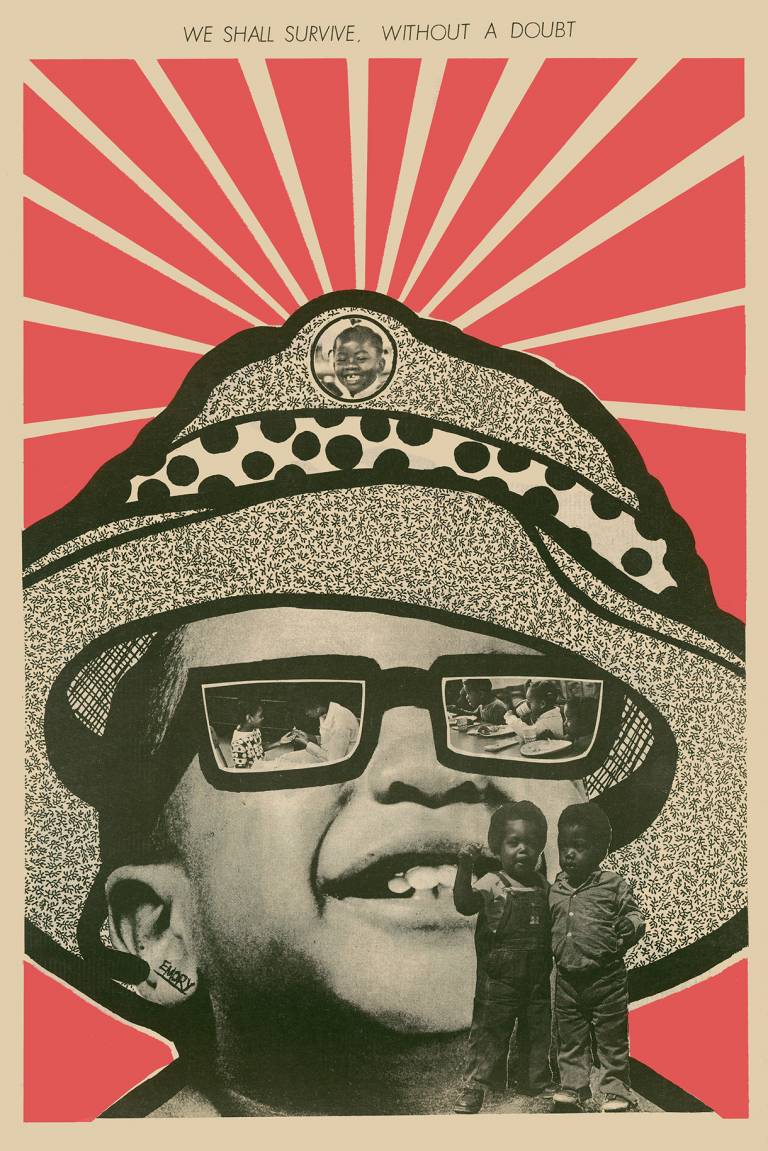Marxism in Culture: The People’s Detox
06 December 2019, 5:30 pm–7:30 pm

The IAS is delighted to host this Marxism in Culture seminar with Fiona Allen (University of Exeter)
This event is free.
Event Information
Open to
- All
Cost
- Free
Organiser
-
Andrew Murray
Location
-
IASForumGround floor, South Wing, UCLGower StreetLondonWC1E 6BTUnited Kingdom
On 27 October 1978, Lincoln Detox Center closed its doors for the last time. Plagued by claims of financial misconduct and the unexplained death of one of its staff, the clinic had become the latest victim of the heroin epidemic which gripped New York throughout the 1960s and 70s. Yet despite the fate that ultimately befell it, the centre’s prospects were not always so bleak. Founded in November 1970 by the Black Panthers, the Young Lords and Students for a Democratic Society, it sought to provide the people of the South Bronx with an alternative to the chemical-based withdrawal programmes available in the city. For Lincoln’s founders, this influx of opioids was the latest attempt to disenfranchise Black and Latin communities by the United States government. Consequently, they viewed the prescription of methadone as a direct attack on the anti-imperialist and Black Power movements which were sweeping the outer boroughs. In an attempt to counter this initiative, the clinic chose to adopt a more holistic approach to sobriety, combining alternative treatments with community service and Marxist education classes; all of which were deemed to be a necessary part of the recovery process.
Forty years later, in November 2018, Jenna Bliss screened The People’s Detox at the Spectacle cinema in neighbouring Brooklyn. Building on work begun in A History of Lincoln Detox, the film sought to shed light on this little-known history. Through a combination of archival footage and interviews, it invited the viewer to reflect upon a range of topics, including the development of the pharmaceutical industry, American imperialism and the radical potential of acupuncture. Yet in doing so, the work also raised the question of how these issues manifest themselves in the present, from the ongoing campaign to free Mutulu Shakur to the distribution of naloxone amongst ‘at risk’ communities. Taking its lead from Bliss’s film, this paper will offer a critical reassessment of the role of health activism in 1970s New York. More specifically, it will argue that initiatives such as Lincoln Detox were key to the radical movements of the decade, both at a practical and an ideological level. By highlighting the various forms of inequality that plagued the city, these projects not only reinforced the political significance of the aforementioned organisations. They also offered an alternative vision of how society could function.
Bio
Fiona Allen is Lecturer in History of Modern and Contemporary Art and Visual Culture at the University of Exeter. Her work has been published in a range of journals, including Art & the Public Sphere, parallax and the Journal of Curatorial Studies. She is currently guest editing a special issue of Southeast of Now on the use of colonial film and photographic archives in contemporary Southeast Asian visual culture.
All welcome!
Convenors: Matthew Beaumont, Dave Beech, Alan Bradshaw, Warren Carter, Gail Day, Steve Edwards, Larne Abse Gogarty, Esther Leslie, Luisa Lorenza Corna, David Mabb, Antigoni Memou, Andy Murray, Dominic Rahtz, Pete Smith, Peter Thomas, Alberto Toscano, Marina Vishmidt.
 Close
Close

